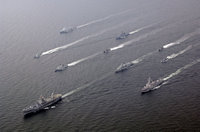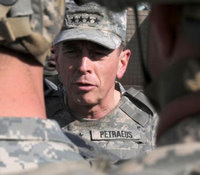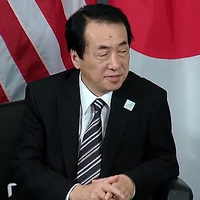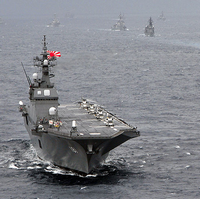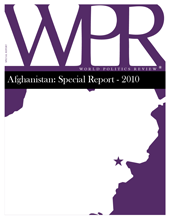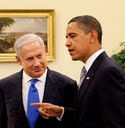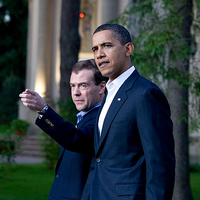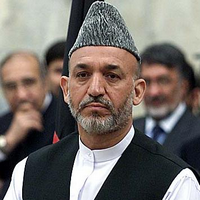
A growing population had long been considered a prime determinant of national strength — at least until the “population bomb” crowd commandeered the dialogue almost a half-century ago and declared such growth to be a threat to human existence. But since then, with globalization’s rapid expansion encompassing the bulk of the developing world — and specifically demographic behemoths India and China — we’ve seen industrialization and urbanization work their usual magic on female fertility. As a result, humanity is now projected to top out as a species sometime mid-century and likely decline thereafter. To the amazement of many from my […]

